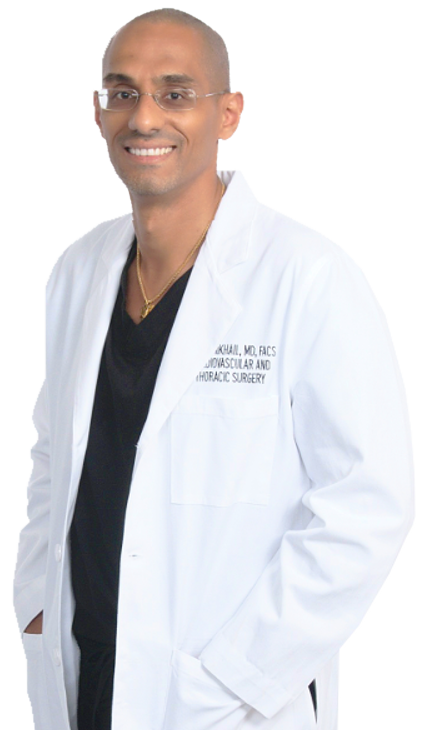
Please wait...

Please wait...
 When you and the doctor have come to the decision that minimally invasive mitral valve surgery is the way to go, the doctor will detail you on what to expect before, during, and after surgery. As a Tampa heart valve surgeon, Dr. Peter Mikhail takes the time to thoroughly explain this surgery and all it entails with his patients.
When you and the doctor have come to the decision that minimally invasive mitral valve surgery is the way to go, the doctor will detail you on what to expect before, during, and after surgery. As a Tampa heart valve surgeon, Dr. Peter Mikhail takes the time to thoroughly explain this surgery and all it entails with his patients.
Before Mitral Valve Surgery
Mitral valve disease is when the mitral valve (the valve located between the left atrium and left ventricle heart chambers) no longer works properly.
Symptoms can vary depending on the severity and condition of the mitral valve disease. Fatigue, shortness of breath, and chest pain are common.
Minimally invasive heart surgery can treat mitral valve insufficiency, mitral stenosis, and mitral valve prolapse (MVP).
Minimally invasive heart mitral valve surgery avoids complete sternotomy (open-heart surgery).
Patients experience reduced trauma and pain in post-op. Symptoms will reduce and quality of life should improve.
At-home lifestyle changes, like eating a healthy diet and taking proper medications, can reduce symptoms and keep the heart healthy, but cannot fix the mitral valve.
